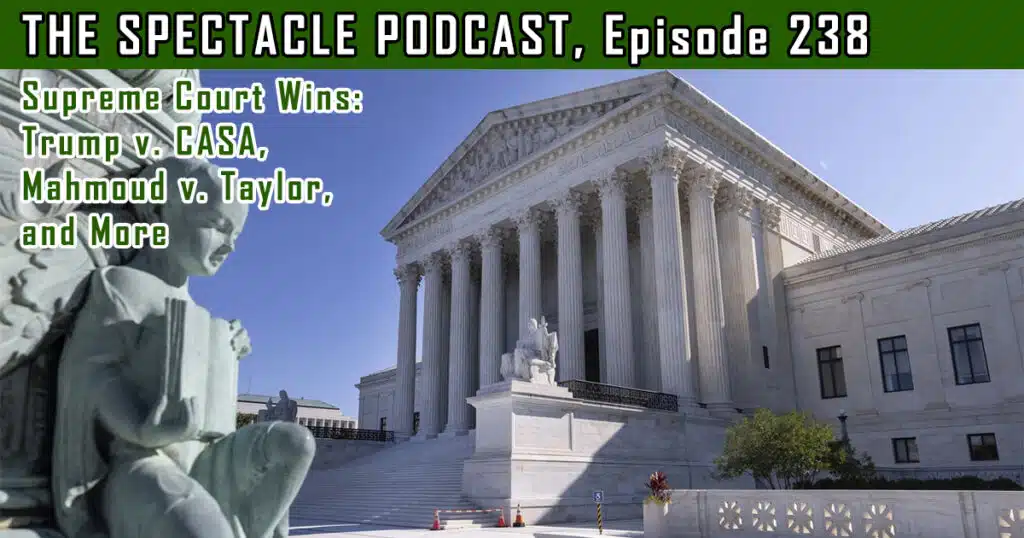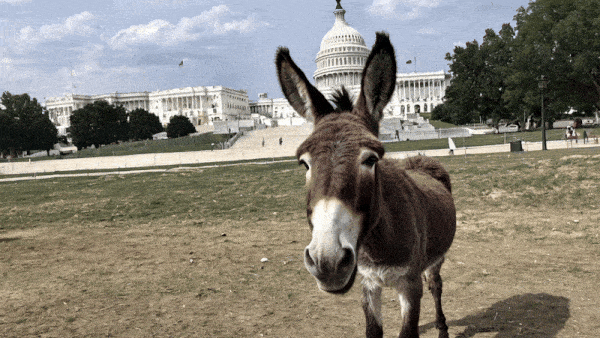
California Seeks More Tax Revenue, Looks to Super Wealthy And Tracking Businesses to Other States
What happens in California doesn’t stay in California, especially when the government is trying to collect more taxes.
California lawmakers are once again considering a wealth tax.
Introduced earlier this month by state Assembly member Alex Lee, a Democrat from San Jose, the so-called Wealth Tax Act, or, Assembly Bill 259 and Assembly Constitutional Amendment 3, calls for imposing an annual 1.5 percent tax on worldwide net worth above $1 billion, starting as early as 2024. However, the threshold for being subject to California’s new wealth tax rate would fall to $50 million in 2026, with a 1 percent annual tax on wealth that rises to 1.5 percent for billionaires.
The proposed law would also allow the state to pursue wealth taxes from former California residents who may have amassed their wealth in the Golden State and then later moved to other states, such as Florida or Texas.
“Under the pandemic, while people struggled to put food on the table, we saw billionaires double their wealth,” Lee explained in a story by the Associated Press.
California already depends on the top 1 percent of its taxpayers for nearly half of all individual income tax revenue, Meaning, when businesses thrive and Wall Street investments tick upwards, the state enjoys an overabundance of cash. However, with tax revenue from capital gains falling short of expectations as investors saw a downward trend through the last year, California finds itself amid a $22.5 billion budget deficit.
“A California wealth tax would only increase California’s dependence on the minute number of people who are bearing the burden of supporting the state’s expenditures,” Jim Wunderman, CEO of the Bay Area Council, a public policy and advocacy organization that focuses on businesses and civic leadership and ultimately seeks to shape the region’s future, told the San Francisco Business Times.
In addition to wealthy investors, California has lost the headquarters operations of, among others, McKesson Corp., Oracle Corp., Charles Schwab Corp. and Tesla Inc.
“We’ve already lost many of these folks — who have taken their businesses, investments and jobs to other states,” Wunderman said. “It’s past time to reassess our tax structure to create a system that’s fair and equitable and resilient in the face of downturns.”
In the meantime, the proposed wealth tax appears to clearly be directed at what has proved a popular strategy among California’s successful entrepreneurs, to build their companies here but move to another state before going public or being acquired to avoid California’s income taxes, which has a top individual rate of 13.3 percent, the highest in the nation.
The wealth tax legislation includes provisions for placing claims against the assets of certain identified taxpayers who don’t have the cash to pay their annual wealth tax bills because most of their assets are not easily turned into cash. The tax claim would require those taxpayers to submit annual filings with California’s Franchise Tax Board and end up paying the wealth taxes owed, even if they have moved to another state.
“California’s proposed wealth tax looks like it’s going after people who try to leave California proactively,” Steve Boultbee, a tax partner for accounting firm Marcum LLP in San Francisco, told the Business Times. “If I’m understanding it correctly, it looks like the goal is that you can’t leave a year or two in advance of an IPO or some other liquidity event.
“You’re gonna have to have left four years before or they’re going to conceivably get you for something,” said Boultbee, who represents wealthy entrepreneurs and families as well as closely-held businesses and startups.
“My first thought is that this could be an ‘Elon Musk provision,’ since he moved to Texas,” Boultbee said.
Without doubt, Lee’s measure faces substantial obstacles for adoption: The legislation would require two-thirds approval in both houses of the Legislature and then require a separate two-thirds approval from both houses for the related constitutional amendment to raise the cap on taxing personal property. The proposed wealth tax would then need to go before California voters for a final yes or no.
Then, even if it does get final voter approval, the wealth tax bill will also likely face a slew of court challenges. Some opponents of a California wealth tax are already noting potential violations of the U.S. Constitution’s commerce clause, among other issues.
“As you peel back the layers of this proposed wealth tax bill, I think it offers more questions and potential problems than it provides solutions,” Alex Torres, director of state government relations for the Bay Area Council, told the Business Times. “There are so many pieces to this tax proposal that are just phenomenally challenging.”
Bills announced not only in California, but also New York, Illinois, Hawaii, Maryland, Minnesota, Washington and Connecticut vary in the ways they will hike taxes, but all revolve around the idea that the richest Americans need to pay more.
All of the proposals as well face questionable prospects. Similar legislation has died in state legislatures and Congress. But the new push demonstrates there are those on the political left not ready to abandon the populist argument that government can and should be used as a tool for redistributing wealth.
Supporters of taxes on the very rich contend that people are emerging from the COVID-19 pandemic with a bigger appetite for what they’re calling “tax justice.”
The Tax Foundation, a conservative-leaning policy organization, has called wealth taxes — which levy taxes not just on new income, but on a person’s total assets — “economically destructive.”
It also said in a statement that such taxes create “perverse incentives” for the rich to avoid taxes, including doing exactly what the California wealth tax was implemented to discourage businesses moving to states with a lower tax burden.



